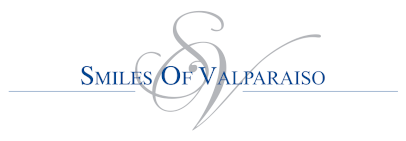Dental Sedation is Safe and Effective
 Question: “I saw on the news this week that a little girl died as a result of being sedated at her dentist’s office. I’ve considered sedation for getting dental work done, but is it really safe?”
Question: “I saw on the news this week that a little girl died as a result of being sedated at her dentist’s office. I’ve considered sedation for getting dental work done, but is it really safe?”
Answer: That has certainly become a hot topic for discussion over the past week in light of the tragedy that occurred in Chicago recently. There are many types of sedation used in dentistry, and they are all very safe when utilized properly. Sedation is a wonderful option for many patients, and it can facilitate the successful completion of a variety of dental procedures.

Sedation options range from general sedation to IV sedation, oral conscious sedation, nitrous oxide, and a variety of other modalities that are less commonly used. Sedation is often used in dentistry to help fearful patients complete procedures in a relaxed state without anxiety. It can also make surgery easier to perform because patients are much less likely to move at an inopportune moment, which can make the procedure more challenging.
One of the most common techniques utilized by dentists all over the country is oral conscious sedation. With oral conscious sedation, patients just take a safe little pill one hour before their appointment. This pill helps them to relax and eliminates their dental fear. Most patients snooze through the appointment, feel no discomfort, and have no memory of the procedures.
Many of these fearful patients begin chewing without pain and smiling with confidence for the first time in years. These benefits are often life-changing for people who have procrastinated getting their mouths healthy or enhancing their smiles. Sedation dentistry is even beneficial for patients who aren’t fearful but would like to be more comfortable during lengthy dental procedures.
Of course, there are inherent risks with the use of any drug, so careful consideration of one’s age and medical history is essential before utilizing any of these sedation techniques. Additionally, it is important for the dental team to discuss these issues thoroughly so that patients understand any potential drawbacks. However, when sedation is appropriate for a patient and it is administered properly, it is extremely safe.
